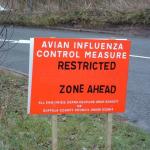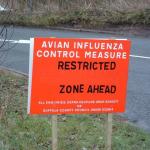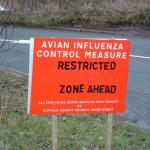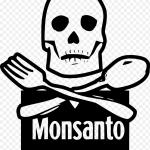The use of molecular techniques to create genetically engineered (GE) crops has now returned to the over-regulation of a bygone era.
USDA
After at least 66 documented cases of humans infected with bird flu – which is surely an undercount — the first death was just reported.
Join Cameron English and Dr. Chuck Dinerstein on Episode 102 of the Science Dispatch podcast as they discuss:
When dairy cows in Texas started falling ill last Spring, alarm bells started to ring.
The ACSH has written extensively about the safety of conventionally grown food for many years.
As I discussed in Part 1, many Americans have begun to seek “authenticity” in many aspects of their lives. There’s nothing wrong with that unless in the process they are misled by special interests’ false claims that cause them to be endange
This is an excerpt. Please see the original article in the journal Regulation:
The debate over so-called “GMOs” is almost 30 years old at this point.
The trace amounts of pesticides in food cannot harm you.












